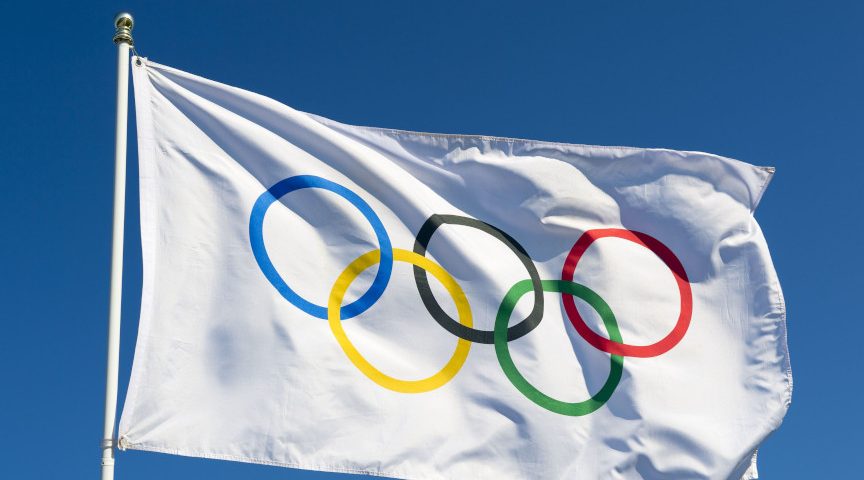Olympic Spirit – Racist Failures

Olympic Spirit – A Mockery
February 14, 2021
Protection
February 22, 2021Olympic Spirit – Racist Failures

By Satish Sekar © Satish Sekar (August 18th 2020)
The Early African Impact
South Africa was accepted into football’s international community shortly after London’s first Olympiad. It was just a decade after the Boer War began. But South Africans or Britons born there had made a huge contribution to British football far earlier.
As early as 1874 Cape Town born William Stepney Rawson became the first African-born player to win the FA Cup even though his father was only in South Africa as a Colonial administrator, having failed miserably in a similar capacity previously. Nevertheless, Rawson was the first African – by birth – to leave a mark on English football.
Rawson also refereed the FA Cup Final, lost a final and played for England in less than five years in the 1870s. He was the first but far from last South African to make a big impact on English football.
Wilfred Waller was also born in South Africa. He became the first South African to play in England’s top leagues after the turn of the century. Others played in English and Scottish football too.
Bill Perry, born in Johannesburg, came to Britain as a teenager. He scored the winning goal in the 1953 FA Cup Final, also known as the Stanley Matthews final. He also played for England.
This was after the National Party’s Daniel Malan implemented Apartheid through criminal laws. But southern Africa’s football influence on England was not confined to white people.
The Basotho Tourists
A little-known contribution came from the Orange Free State as a Basotho team, shamefully referred to as the ‘Kaffir’ Team,1 embarked on a rigorous tour in 1899 after arriving in southern England. Organised by the Orange Free State FA, this tour is very important for political and sporting reasons.
It demonstrated the achievements of black Africans in sport and it raised the issue of Lesotho in a sporting context many decades ago. It also highlighted the deplorable racism that these players were subjected to.
South Africa never sent a football team to the important Olympic Games Tournaments, but they sent athletes to compete in various sports. All of these athletes were white. The absence of a South African football team, at least in Stockholm’s Olympic Games of 1912, is odd, but the signs were there previously.
South Africa had played international football matches before London’s Olympic Games of 1908. Other South Africans competed – even immigrants. It also raised the question of the Basotho players. They had already proved that they could play football – the English were well aware of their skills. But there was no attempt to develop a racially integrated team for South Africa and FIFA made no attempt to insist on it.
Why not?
Exclusion
South Africa was admitted to FIFA a decade after the Basotho tour of 1899 – a tour that had been organised by the Orange Free State FA, which administered Basotho football at the time.
The Orange Free State was part of South Africa then even though those lands had been seized by the Boers from the Basotho previously. That raises the question of how and why Boers were able to seize land without being the colonial power at the time. That suggests that the British Empire’s administrators at least turned a blind eye to the seizure of Basotho lands by the Boers – a land grab that would raise questions again a century later after Apartheid had been consigned to the past.
The Lost Land
The land question remains important in this context. The Basotho lost land to the Boers, a process that was supposed to have been resolved before independence was granted in the 1960s. It was not and nor was it addressed at the death of Apartheid in the 1990s. The Basotho football tour of the 1890s is important too – after all why was that tour organised by the Orange Free State’s FA if that had not been the Basotho’s land?
But football was important for other reasons too. While South Africa became the first African – non-European – member of FIFA they never played in any major international tournament. It remains a mystery why.
[1] The term ’Kaffir’ is a very derogatory and insulting term for a black person. During the tour the racist perceptions of the Basotho changed due to the Boer War breaking out during it. The Basotho players helped rise funds for the British cause. Despite this it did not lead to recognition of the Basotho’s football.

